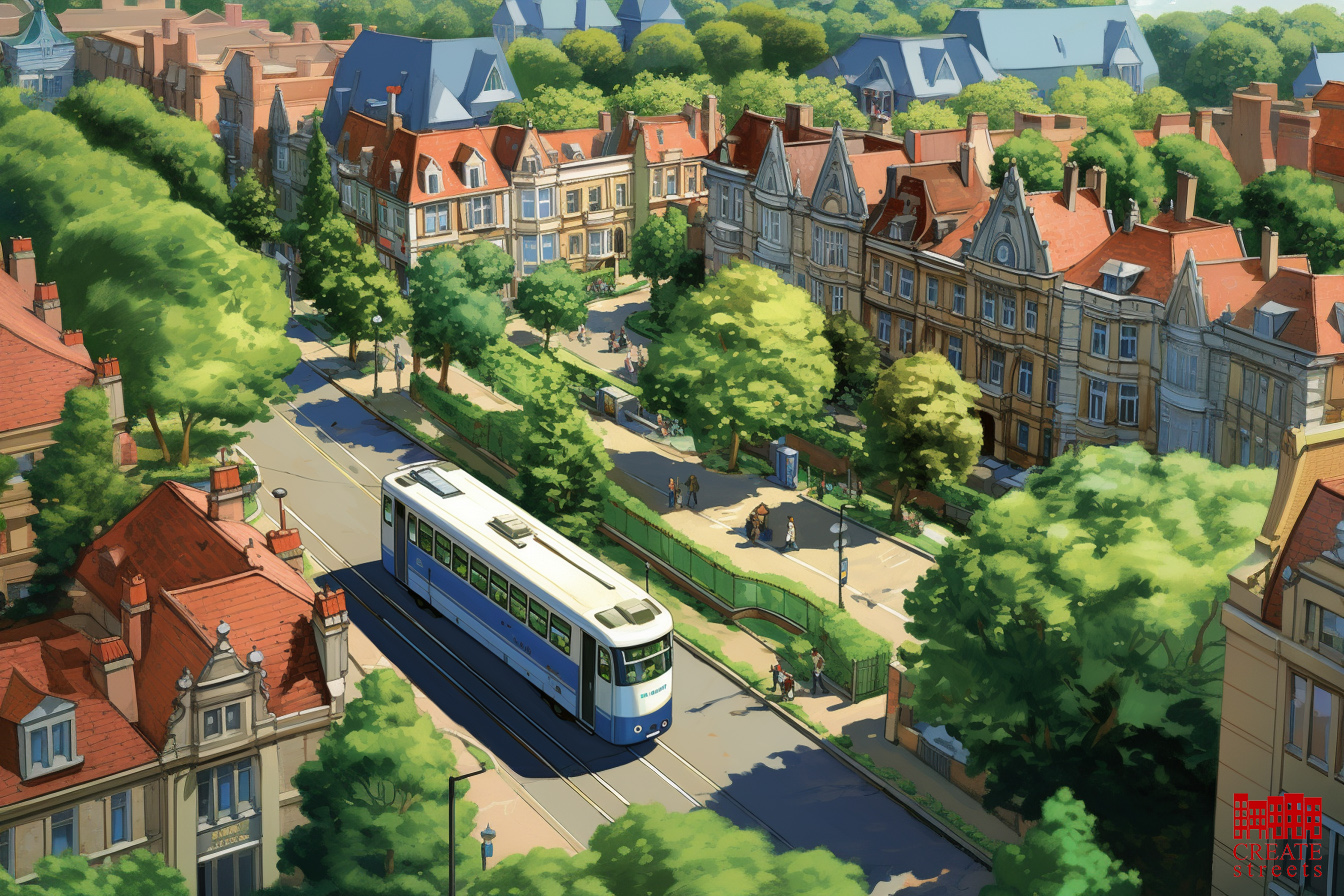A few people (well actually quite a lot) have asked me what I think of recent announcements and media reports on “the war on motorists.”
Here’s my reply. I suspect it may annoy everyone. But I nevertheless think that it’s correct and the best route to more homes, a more productive economy and happier and healthier places and people, in London and across the country.
First off: cars are great. They give the population at large immense liberty to move around the country, the countryside and the suburbs with comfort, ease and relative safety. They empower and liberate their users. They can particularly help those with goods to deliver or physical challenges to overcome. Those who foolishly campaign for cycling or for public transport (both causes I support very strongly) by insulting not just cars but their drivers (and I fear many do) should hardly be surprised that both main political parties adopt rhetorical positions on the side of the majority. It’s called democracy. (Have a look at the Labour response to recent government trails which is probably not what some cyclist campaigners would like to see).
People are going to keep wanting cars and keep using them because they value that liberty and ease. And as we switch them over from being petrol burners to electricity users, their environmental cost will substantially diminish (though with important remaining challenges such as particulates from tyres and the sourcing of the chemicals for batteries).
However, having annoyed one half of this debate’s protagonists, here’s where I’m going to annoy the other half. Cars diminish liberty as well as enhancing it. They are very ineffective and inefficient ways of moving around cities, towns, even historic villages and high streets. They pollute. They are dangerous to everyone else. They take up lots of space, when moving and (even worse) when parked which they are for most of the time. They diminish the joy of moving around our urban neighbourhoods and they undermine the productive agglomeration effects (i.e. the interplay of people and ideas that makes us richer and more productive) in towns and cities. Not for nothing are most European cities more productive than many British ones. Not for nothing are high streets with wide carriageways, fast cars and thin pavements normally failing not flourishing. Not for nothing are most of our least prosperous neighbourhoods scarred by dual carriageways running through them or separating them from their nearby centre.
Cars particularly destroy the liberty of the child and the teenager to move safely around. Children are much less free now than they were 50 or 100 years ago. John Betjeman recalled his inter-war prep school: “at my private school, Lynam’s at Oxford, I was lucky enough to be allowed to go off with friends bicycling in the limestone villages of Oxfordshire.” It is hard to imagine boarding schools allowing children below 13 to cycle around the countryside unaccompanied today. London’s East End children enjoyed comparable freedoms, now largely lost. In my recent history of London streets, No Free Parking, I recounted how in pre-war Whitechapel children roamed freely for miles unsupervised in a manner unthinkable today. One recalled:
‘Many miles were also travelled hanging on to the back of horse-drawn vans. Many a time we were forced to abandon our ‘transport’ on hearing the shout from some unfriendly individual, ‘Whip behind, guv’nor’, at which the driver would flip his whip to get rid of us, his unwanted cargo.’
This was the perennial London experience until the 1960s when all of the city could be a playground and a place to move around safely and readily on foot. It is a pattern that researchers have discovered more broadly: the ‘range’ of children’s unaccompanied right to roam has collapsed over three generations from several miles to the domestic home and garden.
So, life is complicated. Cars are great. Cars are awful. Cars can boost liberty. Cars can destroy it. Cars can help the economy. Cars can undermine it. It’s largely a question of where. They add most value in areas of lowest density. They add least and do most harm in areas of higher density. I fear that those unhappy about the apparent politicisation of this issue are being naive. How we move about, what it costs and who can tell us where to go or not go are very legitimately matters of public interest and political debate. You need to win the argument, not complain that it is being waged.
The trick is to move the debate from cars to choice. And place. Undoubtedly the most successful (and sustainable) urban places make it easy, safe, joyful and affordable to move around by train or tram, bus or bicycle, on foot as well as on wheels. By liberating other ways to get about, they actually make it easier to drive for those who still wish to or need to. Everyone wins. The case is overwhelming. This is why I remain very confident that the logic, and the joy, of villages, towns and cities with more choice about how we get about will win in the end.
(As an important aside, we don’t have nearly enough trams in this country. Trams’ predictability and lower operating costs per passenger make them far more effective drivers of ease and prosperity than buses. If I could wave a magic wand, I would build the proposed greater Cambridge with trams and relay them in all the cities where they were recklessly and foolishly ripped up 60 years ago.)
My advice for my friends who run councils or work for them or who work in government or for developers and investors would boil down to this: create opportunities before you curtail them. Add choice and let people decide with their hearts and heads. And think about place not just about movement. Removing or constraining an existing right to drive down a given street will certainly inconvenience some and may (though less frequently) be a problem for specific shops particularly reliant on car driven trade (even if the wider evidence suggests this will be quite rare). You can hardly blame inconvenienced drivers and worried shopkeepers for kicking up a fuss. And, as Edmund Burke once observed, in the field of politics angry grasshoppers make far more sound than the contented cattle, chewing the cud.
You should therefore find gradualist “win-win” processes for improving places with the consent, even with the active leadership, of local neighbourhoods. This can be done. Plant street trees. Create continuous (so-called Copenhagen) crossings. Experiment with pedestrianising or part-pedestrianising streets on a given Sunday or bank holiday. Very often, local shop takings will rise. Clearly this does mean recognising that what is possible in areas of high public transport is very different from what you can do immediately where there is not. Look at the facts and the data in your local town already. I was in an historic English market town earlier this year and, by some distance, the most prosperous street without any empty shops was the one with the most street trees and the tightest most speed-constraining carriage way. Cars were present but they were guests. Create Streets have worked on a wide range of master-plans and street design codes which seem to have been widely accepted because we are respectful of reality whist also being ambitiously hopeful for the future. Work to create urban streets and squares where people can naturally move about in other ways than the car if they wish to because it is more convenient, enjoyable and cheaper. If you like, we at Create Streets can help you!
Don’t hate cars. Don’t wage a war against motorists. But don’t wage a war for them either. Instead fight the battle for place and for happy and healthy, prosperous and productive neighbourhoods. All the evidence suggests that voters will thank you.
Nicholas Boys Smith is the founding director of Create Streets.


